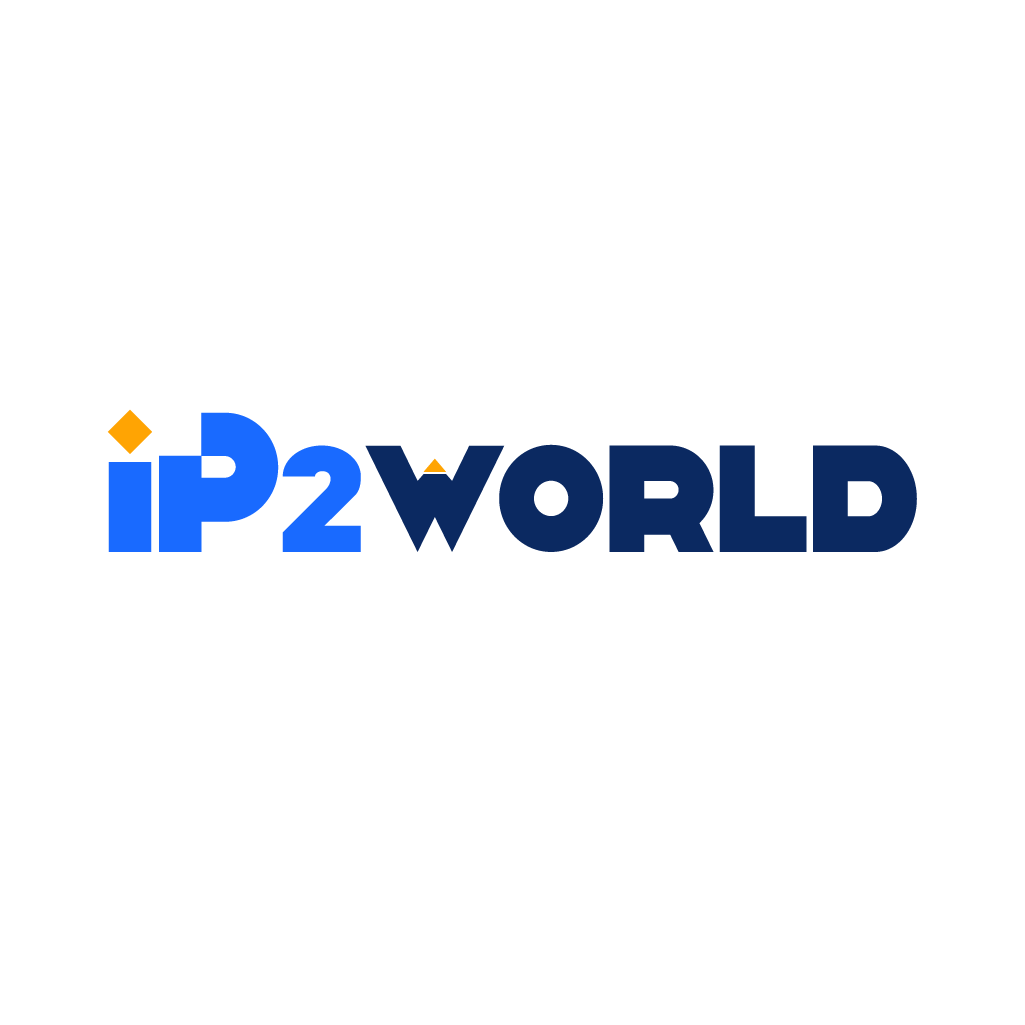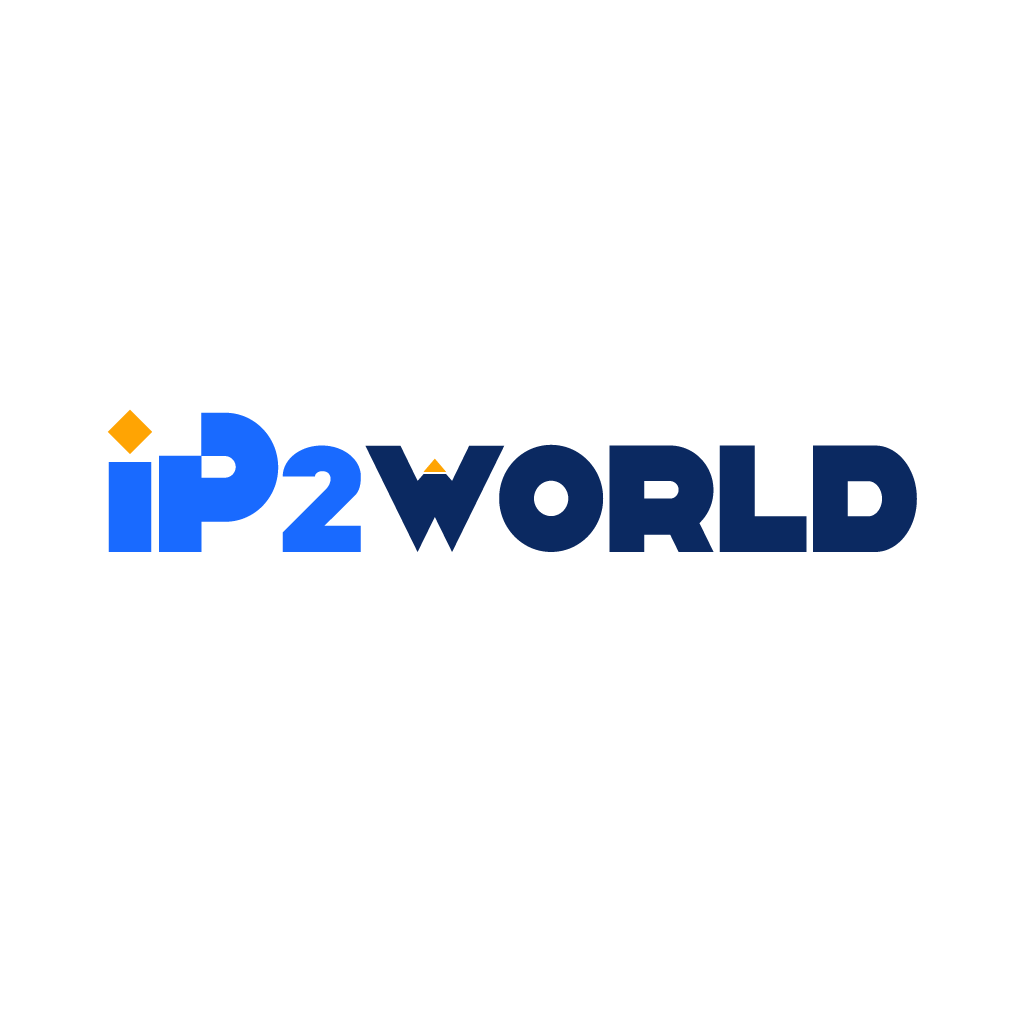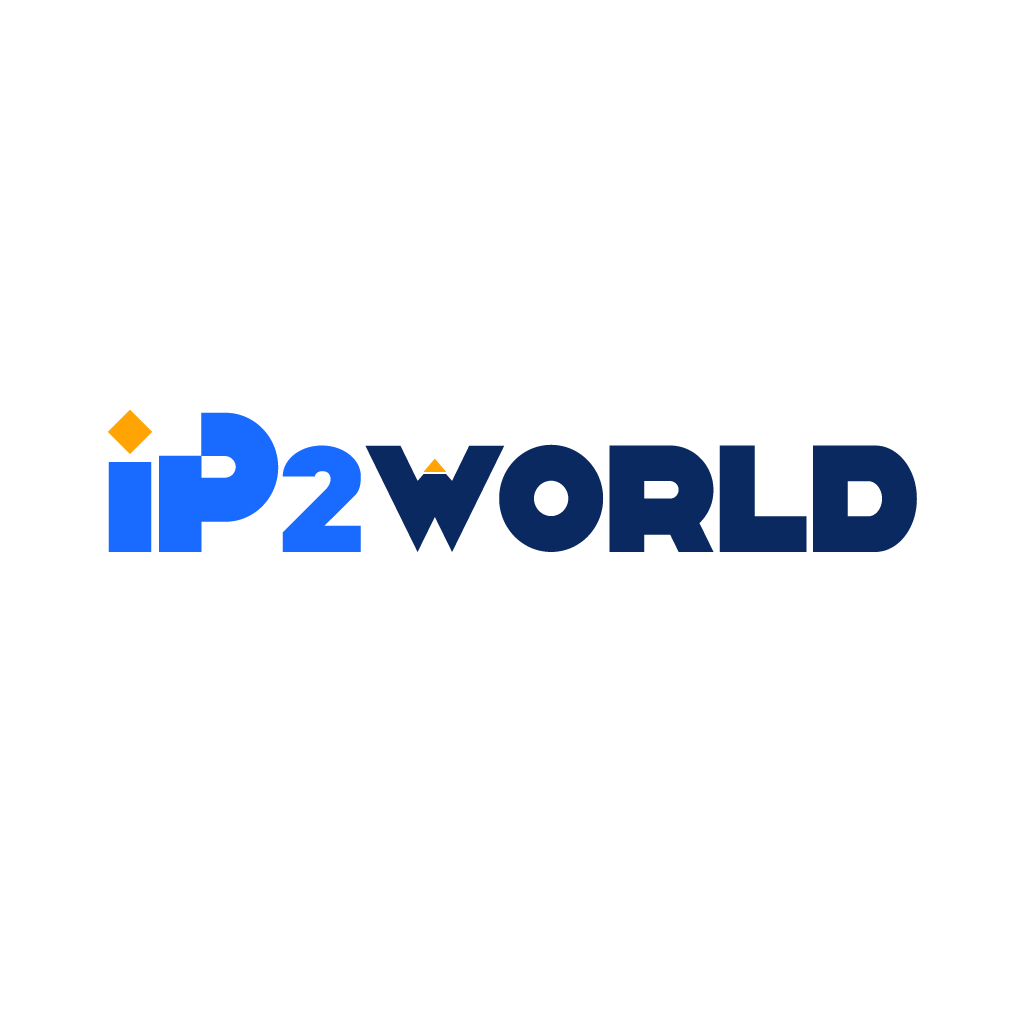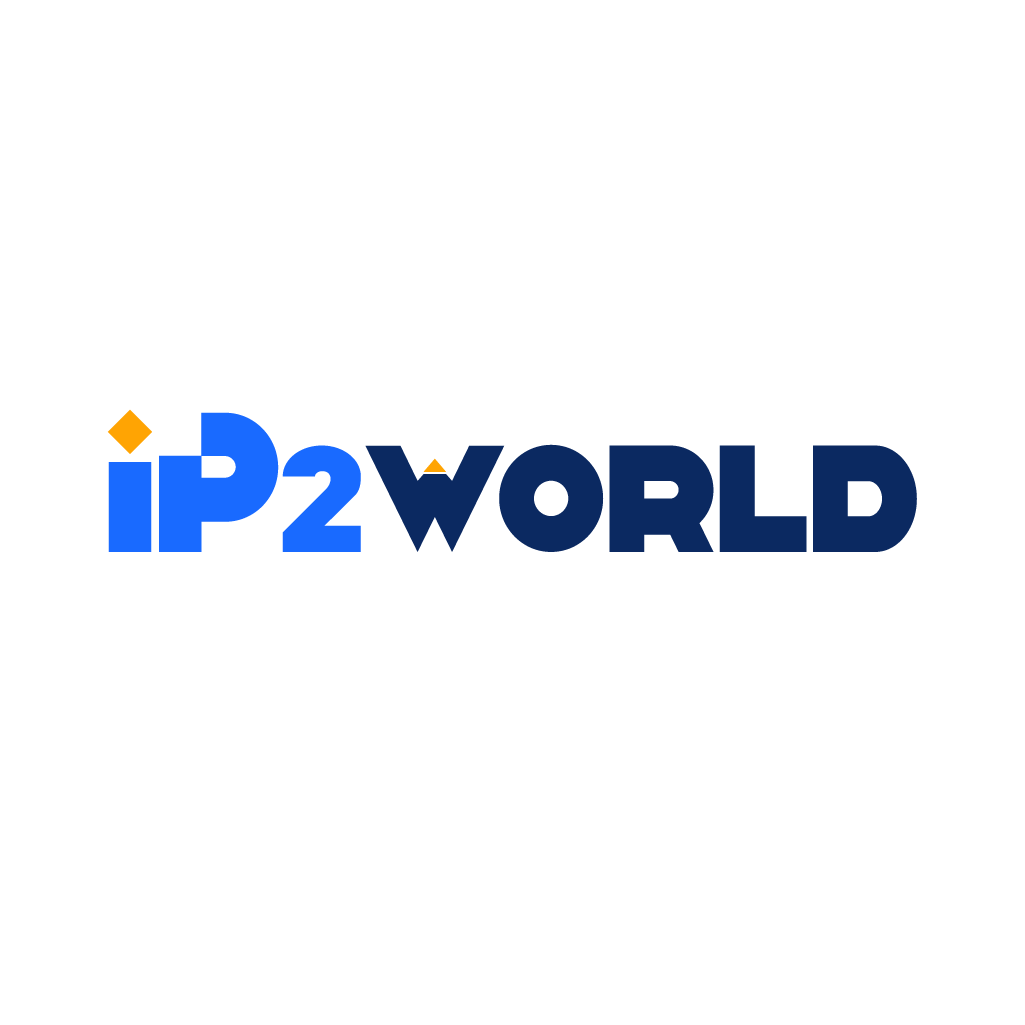The rotating proxies will rotate every specified interval or rotate a different IP address for each request. Every time a user visits a website, a request will be sent to the site server, which will expose a large amount of private data of the user, including the user's IP address. When the web server detects that multiple requests are coming from the same IP address with excessive frequency, it will take throttling measures. By rotating the automatic rotation of the proxy IP every time a request is sent, the restriction can be cleverly avoided.The term rotating proxy mainly describes the behavior mode of the proxy server, however, it does not specify the source or characteristics of the IP proxy. By further distinguishing the source and characteristics of the proxy IP, there are various types of rotating proxies on the market, which can be applied in different scenarios and achieve different effects, such as rotating residential proxies, rotating data center proxies, rotating static residential proxies, rotating mobile proxies, etc. The main discussion in this article is the rotating residential proxies. What Is a Rotating Proxy (Backconnect Proxy)?To clarify the definition and characteristics of rotating proxies, we must first understand static proxies. Just like your local IP address remains unchanged for a long time, the static proxy can also assign user a long-term fixed IP address. Generally speaking, it can assign the same IP address and keep continuous connection for more than 1 day, like datacenter proxies and static residential proxies are called static proxies. Unlike the static proxy that assigns a fixed IP, the rotating proxy allows user to connect to the entire or filtered IP proxy pool built by the proxy provider through a reverse connection proxy server. A backconnect proxy server is a gateway that connects user to the proxy provider's IP pool. It will help user manage IP addresses and get proxy IP list automatically, and optimize the rate of proxy connections. Rotating Proxy rotates IPs at sticky or random intervals. With each connection request user makes, or every few minutes, the server selects an IP address from the pool of available proxies that meets your request. The gateway never changes, even the IP behind it does. So user can use multiple IPs through one gateway address without manually switching them since everything is done on the background.Why Introduce Rotating Residential Proxies?Higher security and privacy. A rotating proxy server automatically changes your IP address for a fresh one. Rotating residential proxies give you an extra level of security and anonymity because the requests you send to the server come from different real residential IP addresses, mostly from unrelated geographic locations and mostly different IP sections. Make a large number of connection requests without being detected and banned. When you make a large number of connection requests to a website domain from a single IP address, you are most likely to encounter request throttling, CAPTCHAs, or outright IP bans. Whereas the rotating residential proxy borrows IPs from real devices on Wi-Fi scattered around the world and changes IPs on every connection request to provide a smooth connection experience. Mimicking organic user behavior provides a higher success rate. In web scraping projects, websites employ various anti-scraping measures to block bot-like activity. Rotating proxies are essential to mimic organic user behavior to operate undetected on a website. By appropriately configuring the workflow of rotating proxies, it is possible to help crawlers pass most anti-crawler measures, hide bot activity from bans, bypass most restrictions and access protected websites or perform tasks that require precise location targeting without any problems. Manage proxy lists easily. Rotating proxies don't give you a list of IP addresses. You will receive an address known as the gateway of the reverse connection server. This server acts as a gateway to the provider's proxy pool: it automatically acquires fresh IP addresses from a large pool of IP addresses, nothing on your part, no hindrance, no hassle. They are easier to manage than traditional proxy lists. In the traffic-based proxy service, you can also access a larger address pool that is periodically updated by the provider without paying for the additional number of IPs. Pros and Cons of Rotating Residential ProxiesProslAutomatic rotation and additional configuration features make proxy management easier. lIP rotation combined with IP set from real residential/mobile devices makes it highly difficult for websites to detect or even block them.lNormally billed according to traffic consumption, there is no need to pay extra for further connection requests or changing a large number of IPs.lAccess to a larger pool of IPs, wider scaling, less maintenance, and if you get a bad IP, you can merely rotate it out. ConslRotating proxy pools are mostly shared, so you don't know what IP you're going to get. Slower, more costly, and fewer predictable than data center proxies because proxy providers must maintain millions of IP addresses.lThe downside of metered traffic is that you pay for the bandwidth you use, not for amount of IPs. This may incur considerable costs.lUsing IP for a period of time (normally 5-30 minutes) will be rotated. While numerous providers allow you to set a sticky session lasting duration, for some use cases 30 minutes might not be sufficient for your project. In What Scenarios Can Rotating Residential Proxies Be Used or Not? Perfect Matched ScenariosSEO Monitoring. Browsers such as Google impose strict restrictions on users' search times, IP addresses, and information that can be obtained in specific regions, so you need to continuously switch IP addresses to avoid CAPTCHA prompts. SEO companies use automated rotating proxies to check keyword rankings in different regions, track rankings, and run SEO audits on websites.Collect Product Data. Data intelligence companies scrape e-commerce stores for product descriptions, pictures, reviews, inventory, track and respond to price changes, use automated rotating proxies to scrape sensitive web data, rotating residential proxies can provide the necessary anonymity and scale scraping capabilities, and for data analysis and additional extended functionality.Price Aggregation. Apply Rotating Residential Proxy to compare data from e-commerce, travel and other sites to offer the best prices (even earns money with affiliate links). Simulate the behavior of real organic users to obtain real and effective price information.Ad Verification. Advertisers can rotate IP addresses to eliminate regional display restrictions and price gouging. The integrity of advertising data is verified through IP rotation, and there is no problem of malicious tampering.Loading ability test. A cybersecurity firm rotates the IP addresses of its outgoing bots in order to verify and maintain network load.Social media accounts registration with fingerprint browser. It can be used to register new accounts on major social media platforms, or fully matched and embedded into third-party platforms, automatic programs, and add-ons such as fingerprint browsers and anti-association browsers.Application Scenarios That Require Caution or Are Not AvailableSocial media account long-term login. Rotation of residential proxies is only applicable to social media registered accounts, not suitable for long-term login to a specific account, otherwise, under the strict IP detection and restriction rules of social media platforms, your account will inevitably be banned.Limited-edition products such as sneakers purchase. If you can ensure that you can complete a round of payment for sneakers within a limited time, such as within 30 minutes, then you can use a rotating residential proxy that can be fixed for a fixed amount of time. Rotating residential proxies for a random amount of time otherwise could disrupt your snap-up process.Other scenarios that require long-term stable connections and identity authentication. For example, live streaming platforms have strict requirements on network connection stability and authentication, or watching videos, using rotating residential proxies, your viewing experience will be poor and may incur overage charges.How to Use IP2World’s Rotating Residential Proxies?API Mode. Freely select proxy locations, and generate an API link by one click . After whitelisting the local IP, you can directly acquire the IP:port list, easily enter to third-party software, and immediately connect to the rotating proxy IP pool. By default, the IP will rotate every five minutes. Or paste API link into the API input box of any compatible software, and automatically seamlessly fit in other softwares.Username+Password Authentication Mode. Create limitless sub-accounts, support setting the proxy to rotate randomly or with a sticky duration for 1-120 minutes, select proxy parameters to generate proxy username+password, and complete the proxy configuration by the dedicated domain: port. The proxy is compatible with any tool software, browser or mobile device proxy network without whitelisting IP.API mode for IP2 Proxy Manager. Start the API mode proxy. First select the proxy pool where the proxy is located, support selection of filter conditions such as country (US), city (New York City), ISP, ZIP, and then determine the starting port and the number of generated proxies, click Generate and Copy. Paste the API link into a fresh page of the browser, press Enter, and when the page refreshes successfully, the proxy has been successfully generated. At this time, alter the port in the Internet manual proxy of the control panel to bind port, click Save, refresh the IP detection page, and confirm that the IP switch is successful.ConclusionThis is the Rotating Residential Proxy (Reverse Connection Residential Proxy). With simple proxy management, excellent scalability, and value-added features, rotating residential proxies has become an advanced or even best-in-class option for numerous use cases traditionally covered by proxy lists.
2023-11-16





